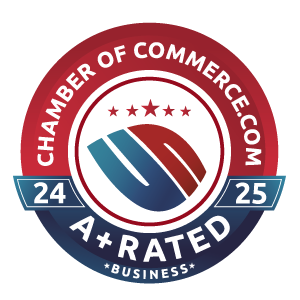
Benefits of Adjustable Loans
For clients who anticipate a significant increase in income or property value in the next several years, plan short-term stays in their home, or would like to significantly lower their mortgage payments, an adjustable rate mortgage loan may be the right option. As the name implies, ARMs have interest rates that change at a pre-determined interval.
Benefits of Adjustable Loans
- Savings can be used to pay down other debt.
- The 7-year and 10-year ARMS are the most popular ones in this category of loans.
- An ARM is a great option for clients who intend to refinance or sell a home in an expected time frame.
- Buyers can save thousands of dollars in payments during the initial fixed period vs. a fixed rate loan with a higher rate.
Top 10 FAQ’s for 1099 Mortgage Loan
It’s a type of non-Qualified Mortgage (non-QM) specifically for self-employed borrowers or independent contractors whose primary income is reported on Form 1099. It uses alternative methods to verify income, often without requiring full tax returns.
Learn more about 1099 Mortgage Loans.
Lenders typically use your gross income from the 1099 forms (often the last 12 to 24 months) or a calculation based on bank statements (deposits) to estimate your qualifying income. This is a crucial difference from traditional loans, which often only consider the lower net income after business deductions on tax returns.
Read more about how income is calculated for mortgages.
Generally, no. The primary benefit of a 1099 loan is that it allows you to qualify using just your 1099 forms and year-to-date income statements, bypassing the need for full tax returns that may show a low net income due to write-offs.
Discover more about 1099 loan documentation requirements.
Most lenders require a minimum of two years of consistent self-employment and 1099 income. Some may accept one year if you have a strong history in the same line of work.
Learn more about the eligibility criteria here.
While requirements vary, the minimum typically ranges from 620 to 660, with a score of 700 or higher improving your chances of approval and securing a better interest rate.
Check out more about credit score requirements for different loans.
Down payments for 1099 loans are generally higher than for conventional mortgages, often requiring a minimum of 10% to 20% down.
Explore down payment options and requirements.
1099 loans offer more flexible income verification but typically come with slightly higher interest rates and larger down payment requirements compared to traditional W-2 (Qualified Mortgages).
Learn more about how different loan products compare
You will typically need the 1099 forms for the last 1-2 years, documentation of year-to-date income (e.g., pay stubs or bank statements), and verification of two years of self-employment history (e.g., a CPA letter or business license).
Find out what documents you need for your loan application.
Yes, 1099 mortgage loans are often available for various property types, including primary residences, second homes, and investment properties, though terms (like down payment and interest rate) may be different for investment properties.
Explore loan options for investment properties.
For a 1099-only loan, your DTI is often calculated using the gross income from your 1099 forms. Lenders may cap the acceptable DTI ratio around 45% to 50%.
Learn more about Debt-to-Income (DTI) ratios and how they affect your loan.



